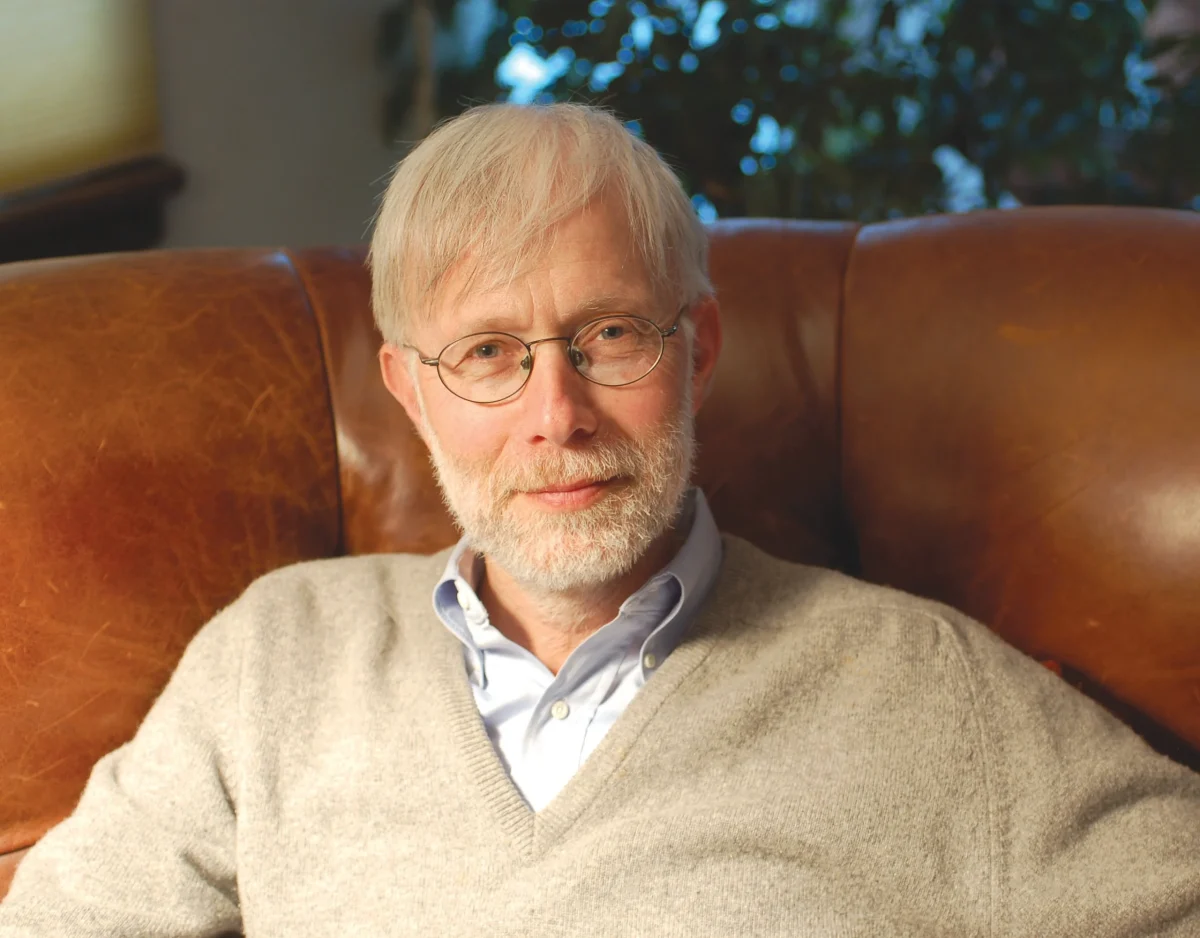Career Exploration and Development has launched three new Winter Term projects for the 2024 term. They are preparations for the Law School Admissions Test, the Medical College Admissions Test, and an Emergency Medical Technician training project.
The courses were created to provide students with pre-professional programming and prepare them for their careers, according to Anthony Pernell-McGee, executive director of Career Exploration and Development and pre-law advisor.
“We have a 97 percent acceptance rate for law school,” Pernell-McGee said. “So I know, as a former lawyer, that students want to go to law school. And I think that it is our responsibility to help them prepare for the LSAT so that they [can] get into the school of their choice. And we have a lot of Obies who do have an interest in law, so it just makes common sense to do it.”
The LSAT Program is an on-campus project and is being held in collaboration with the Princeton Review. Princeton Review will provide live remote instruction to participating students.
All students will receive 30 hours of instruction, the LSAT Pathways course books, 365 days of online Princeton Review student portal access, and 16 full-length practice tests, including all available practice questions. Over the course of the Winter Term, students will sit for the LSAT practice exam four times.
According to Pernell-McGee, the impetus for the creation of the course was that students were requesting funding for LSAT Winter Term programs, which led the CED to begin preparing an on-campus program to provide an alternative to individual projects.
The program’s enrollement fee is $700, which Pernell-McGee said was a good deal, as the course would normally cost students thousands of dollars.
While the program is open to all students, preference will be given to graduating fourth- and fifth-years. The deadline to commit has been extended by the CED to Nov. 17, 2023.
College second-year Eli Ramer, who is considering law school but is not registered for the LSAT Winter Term, said that he would consider doing the project later on in his Oberlin career.
“I’d like to do some Winter Terms that put me in the field more and give me some more hands-on experience rather than studying for an exam,” Ramer said. “But perhaps once I’ve completed my Winter Term requirements, or if I omit one of the years before the Winter Term during our [fourth] year, I would think about it then.”
The Princeton Review has also been contracted by the College to teach the MCAT Program. Participating students will receive 66 hours of instruction, and have access to MCAT Pathways course books, 365 days of online Princeton Review student portal access, and 16 full-length practice tests, including all available Association of American Medical Colleges practice materials. Similar to the LSAT program, students will sit for four practice tests.
The MCAT Program will also give preference to graduating fourth and fifth-years and cost $1100. Both programs are capped at 15 students.
The EMT program is similarly designed to aid students who are planning careers in medicine. Assistant Director for Career Readiness Samantha Rohner, who also sevres as the medical, global health, and stem career community advisor, spoke to the Review about the program.
“Oberlin has many pre-med, pre-health students who actually already have EMT certification that they got either before college or during college,” Rohner said. “We want to offer this course as an option for them to complete that during Winter Term. There are actually colleges in the country who do offer EMT courses currently during winter or January terms. So that’s something that we felt was attainable for Oberlin.”
The EMT Program will consist of 10 full-day training sessions, small-group and independent study, and test prep. At the end of the program, students can take the National Registry of Emergency Medical Technicians exam, which is required in Ohio and some other states to practice as an EMT.
According to Rohner, students who complete the EMT certifications will be qualified to work as EMTs during the summer, and the CED plans to reach out to local organizations to see if the newly certified students would be able to work with them in the community.
College second-years Susanna Weiss and Izzie Braun said that they were concerned about the MCAT and EMT Winter Terms, citing the sheer amount of material that the courses would cover in a single month.
“[F]or both programs, it’s like, how the hell are you going to function next semester if you’re trying to cram that much information into your skull during that one month?” Braun said.
Weiss also added that the one-year availability of materials is also a concern, explaining that most people would probably take gap years before heading to medical school.
“I don’t like the one-year deadline,” Weiss said. “[I]f you were to take the one year off to make money, then you would hypothetically start studying the year later… It would not make sense for people to take that course if they weren’t immediately going to do med school right after.”
All of the courses will also include off-campus social activities, with a chance to engage with career communities and meet students enrolled in the other programs.
One of the main advantages of having these on-campus projects, according to Rohner, is the opportunity that students have to work together.
“Many students do study for [the] MCAT on their own, but doing this course over Winter Term will provide participating students with an opportunity to study in a group, which can be a benefit because it promotes a more collaborative and supportive environment,” Rohner said.








